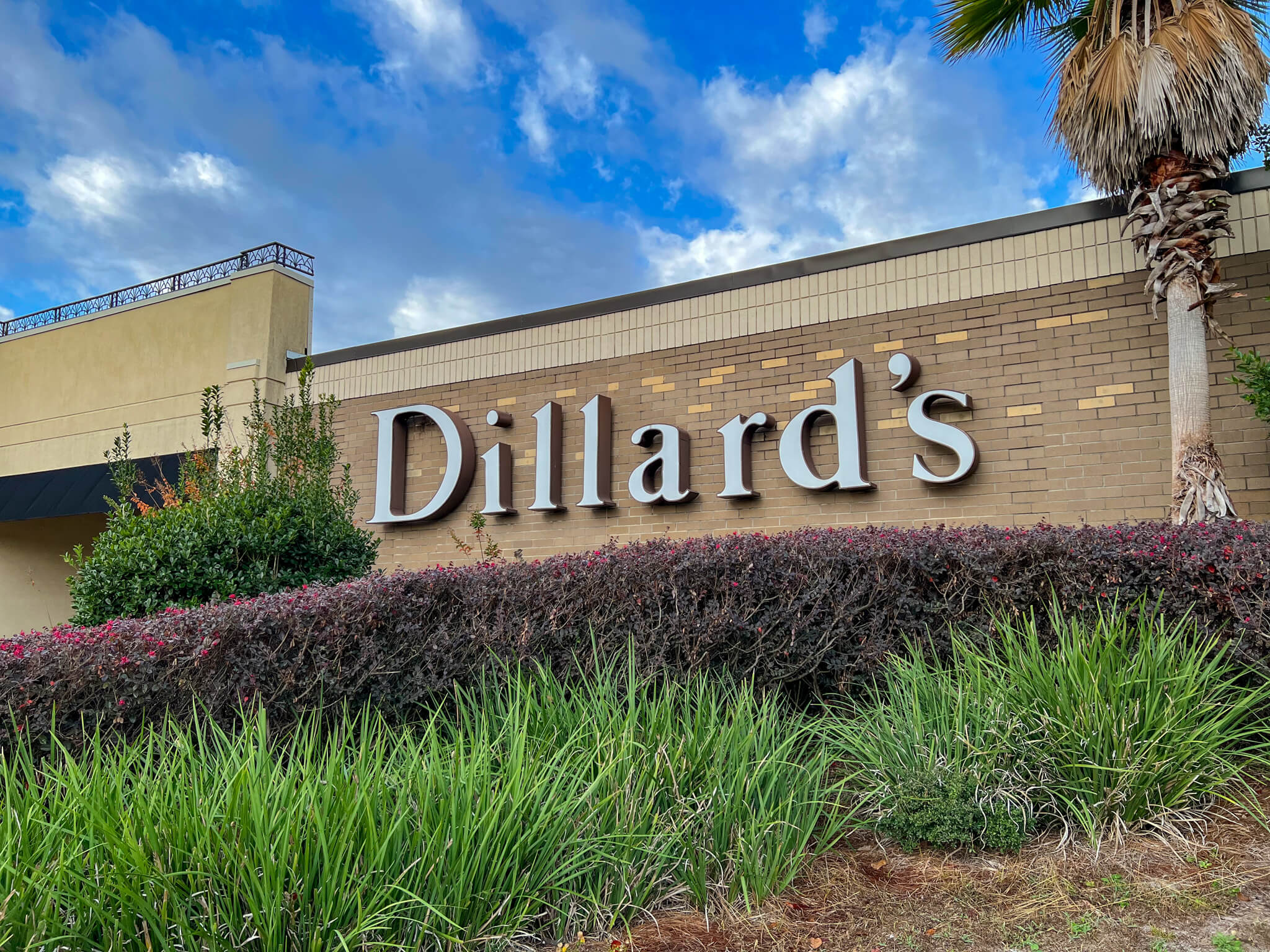The retail industry has seen significant changes over the past few years, and the news of Dillard's closing has left many shoppers wondering what the future holds for their favorite department store. As consumer preferences shift and online shopping gains traction, traditional brick-and-mortar stores like Dillard's face mounting challenges. The potential closure of such a well-known retailer raises questions about the overall health of retail and impacts on local economies. In this article, we will explore the implications of Dillard's closing, the reasons behind it, and what it means for shoppers and employees alike.
The impact of Dillard's closing extends far beyond just the loss of a shopping destination. For many communities, Dillard's has been a staple for decades, providing not only a place to shop but also a sense of identity. The store's closing could lead to significant changes in local economies, affecting everything from small businesses to employment rates. As we examine the consequences of this decision, it becomes clear that the ramifications will be felt both locally and nationally.
In the face of uncertainty, it is essential for shoppers and employees to understand the factors driving this trend and what may come next. By diving deep into the reasons behind Dillard's closing, we can gain valuable insights into the future of retail and how consumers can adapt to these changes.
What Are the Reasons Behind Dillard's Closing?
Several factors contribute to the potential closing of Dillard's stores. Some of the most notable reasons include:
- Increased competition from online retailers
- Shifting consumer preferences towards convenience and price
- Economic challenges and changing demographics
- Rising operational costs
How Has Dillard's Adapted to Changing Retail Trends?
Dillard's has made various attempts to adapt to the evolving retail landscape. These adaptations include:
- Enhancing their online shopping platform
- Offering exclusive brands and products
- Implementing loyalty programs to retain customers
- Focusing on in-store experiences and events
What Does Dillard's Closing Mean for Employees?
The potential closure of Dillard's stores raises concerns for the employees who work there. It can lead to job loss and uncertainty for many workers. However, Dillard's has been known for its commitment to its employees, and they may provide support through:
- Severance packages
- Job placement assistance
- Opportunities for relocation
What Impact Will Dillard's Closing Have on Local Communities?
The closing of Dillard's can have significant effects on local communities, including:
- Loss of a major retail anchor, leading to decreased foot traffic
- Potential decline in surrounding small businesses
- Reduction in local employment opportunities
- Changes in local property values
Are There Any Alternatives for Shoppers After Dillard's Closing?
For shoppers who are accustomed to Dillard's, the closing may seem daunting. However, there are various alternatives to consider:
- Other department stores like Macy's or Nordstrom
- Online retailers such as Amazon and Zappos
- Local boutiques and specialty shops
- Thrift stores and consignment shops for budget-friendly options
How Can Consumers Support Local Retailers During This Transition?
As Dillard's closes its doors, consumers can play a vital role in supporting local retailers. Here are some ways to help:
- Shop at local businesses whenever possible
- Participate in community events that promote local commerce
- Share recommendations for local stores on social media
- Advocate for policies that support small businesses
What Lies Ahead for the Future of Retail?
The retail landscape is constantly evolving, and the closing of Dillard's may signal further changes ahead. With the rise of e-commerce and shifting consumer habits, retailers will need to adapt and innovate to survive. The future may include:
- Increased integration of online and offline shopping experiences
- Greater emphasis on personalized customer service
- Innovative store formats that prioritize experience over inventory
- Continued growth of niche retailers that cater to specific audiences
Will Dillard's Be the Last Major Retailer to Close?
While Dillard's closing is significant, it may not be the last major retailer to face similar challenges. As consumers continue to shift their shopping habits, other companies may also struggle to adapt. The future of retail will likely involve:
- Increased consolidation within the industry
- Emphasis on sustainability and ethical sourcing
- Technological advancements that improve shopping experiences
- Greater collaboration between retailers and online platforms
In conclusion, Dillard's closing is a reflection of the broader changes occurring in the retail landscape. As the industry grapples with challenges posed by e-commerce and shifting consumer preferences, the future remains uncertain. However, by understanding the reasons behind these changes and supporting local businesses, consumers can navigate this transition and continue to thrive in an evolving retail environment.




